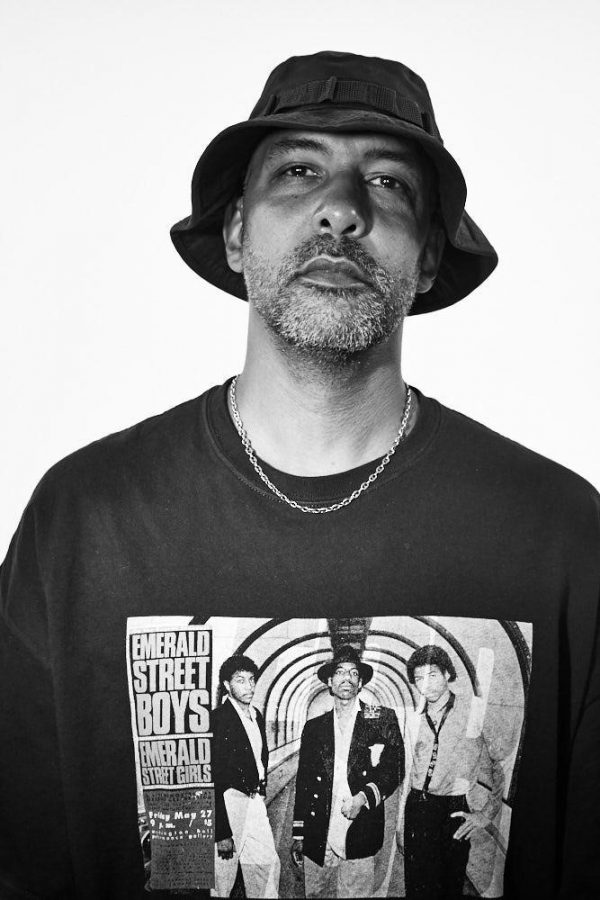Daudi Abe to present on racial disparity in classrooms
Daudi Abe is a Seattle-based professor. He’s been teaching and writing for over 20 years
February 23, 2021
HumanitiesWA Speaker Daudi Abe is scheduled to present on Feb. 24 for Black History Month. Abe’s presentation “Why Are All the Black Kids Sitting Together in the Principal’s Office?” touches on the disproportionately high suspension and expulsion rate of Black students from preschool through high school and the “school-to-prison pipeline.”
According to their website, HumanitiesWA is an organization that believes in exploring different perspectives and sharing opinions openly. HumanitiesWA is the event’s sponsor, and has partnered with Brooks library, the Diversity and Equity Center (DEC) and the College of Education and Professional Studies to invite Abe to give his presentation for Black History Month.
The event is from 3-4:30 p.m. on Wednesday, Feb. 24. Anyone interested in attending can register by clicking on the event on the CWU events calendar.
Student Engagement & Community Outreach Librarian Maureen Rust said that capacity is unlimited. As of Feb. 19, 111 people have registered to attend, according to Interim Dean of the College of Education & Professional Studies Heidi Henschel Pellet.
Rust said that Abe was chosen to present because his topic was compelling and readily lent itself to Black History Month and public schooling.
“We’re delighted to be in collaboration amongst ourselves as a university. Our mission is that diversity, equity and inclusivity and just really working together,” Pellet said. “I was thrilled to be part of that.”
Abe has been teaching and public speaking for over 25 years. Abe is a lifelong resident of Seattle and graduated from Garfield High School. He then taught at a private, predominantly Black pre-K through eighth-grade school called Zion Preparatory Academy. He did not initially plan to be a teacher and majored in Economics as an undergrad student.
Abe later earned his Ph.D. in the College of Education at the University of Washington in 2004, where he wrote a dissertation on the nationwide issue of disproportionate discipline amongst Black students around middle school, and some strategies to prevent this issue. Now, he teaches Humanities at Seattle Central College.
Abe has also had his latest book, “Emerald Street: A History of Hip Hop in Seattle,” published last November by the University of Washington Press, which includes a foreword by Sir Mix-A-Lot. He also wrote “6 N The Morning: West Coast Hip Hop Music 1987-1992 & the Transformation of Mainstream Culture,” which was published in 2013.
“Right now, schools are overrun with what we’re calling ‘sympathetic destroyers,’” Abe said. “These teachers who may not be overtly racist per se, but are still having trouble for whatever reason, either the will or the skill, to reverse these negative outcomes that are so often present for low-income kids and students of color.”
The two most notable places Abe has spoken at, he said, are the Monroe Correctional Complex in Monroe, and the Clallam Bay Corrections Center in Clallam County, both in Washington. Here, Abe said, he was able to interact first-hand with victims of the very issue that he is speaking out on.
“I just thought that that was so powerful because here are these living human beings who are kind of giving voice to this research that I was just citing in front of them,” Abe said.
Abe says that he has been working with the Washington State Police Academy to work discussions of race, attitudes toward race and how that may affect a police officer’s job into the curriculum, right alongside defense tactics classes and target practice.


